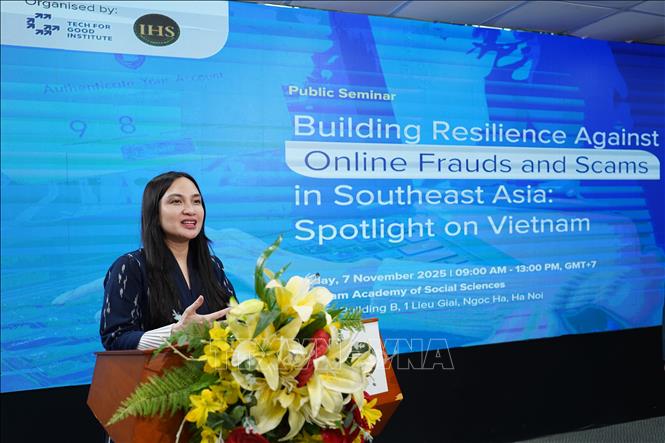
In her opening remarks, Ms. Citra Nasruddin, Program Director of Technology for Good Institute (TFGI), Singapore, said that by 2024, Asia will account for more than half of the total financial losses related to fraud globally. Cybercriminals are increasingly exploiting emerging technologies such as artificial intelligence (AI) to automate and personalize their fraud operations.
Digital transformation in Vietnam has achieved significant results, however, like other countries in the region, online fraud and scams are on the rise. In 2024, authorities recorded 10,000 online fraud cases, with estimated losses of nearly 759 million USD (20 trillion VND). From January to August 2025 alone, the number of online fraud cases increased by 65% year-on-year, exceeding 1.6 trillion VND. These figures highlight the urgency of strengthening domestic resilience and enhancing cross-border cooperation to combat transnational cybercrime.
“We also note the signing of the United Nations Convention against Cybercrime, the Hanoi Convention (in October) as an important milestone. We hope that the dialogue can contribute to the practical and feasible implementation of these frameworks, thereby identifying concrete steps to protect the digital future in the region,” Ms. Citra Nasruddin emphasized.
Sharing the latest research findings of the Technology for Good Institute (TFGI) on “Building Resilience to Digital Fraud and Phishing in Southeast Asia: A Whole-of-Society Approach”, Mr. Keith Detros, Program Manager of TFGI, said that the research examines how frauds evolve and how to strengthen digital resilience in Southeast Asia, including mapping the lifecycle of frauds, outlining best practices and identifying practical levers to prevent, stop and respond to frauds.
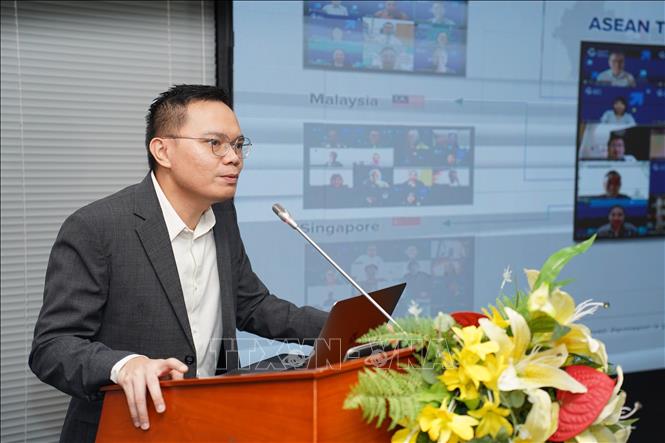
Mr. Keith Detros emphasized that the research has shown that national governments are responding in many different ways: from new laws and regulatory measures to public-private partnerships, consumer education campaigns, community initiatives. However, given the rapidly evolving and cross-border nature of digital fraud, countries need to take a whole-of-society approach to protect citizens and maintain trust in the digital ecosystem.
According to Dr. Nguyen Thanh Binh, Cyber Security Consultant atFPT Corporation, lecturer at Phenikaa University, in cyber fraud, technology only plays the role of a transmission channel and not the core cause. The most common types of fraud are based on social technology such as: Information theft scams such as impersonating banks, creating a sense of urgency ("Your account is about to be locked") causing victims to hastily click on the link and enter personal information.
Investment scams like building trust over a long period of time, taking advantage of greed and emotional needs to convince victims to transfer money. Fake scams use artificial intelligence (AI) technology to combine or create fake images, voices, and videos that are so real that they are difficult to distinguish (Deepfake) or fake caller ID information to take advantage of reputation (pretending to be a CEO calling a financial staff) to request urgent transfers.
The sophistication of today’s cyber attacks lies in the criminals’ ability to understand human behavior. To effectively prevent and combat cyber attacks, Dr. Nguyen Thanh Binh suggests, it is necessary to focus on raising awareness and educating critical thinking skills, instead of relying solely on technological solutions.

From the perspective of psychological and sociological approaches, Dr. Pham Thi Thu Phuong, Editor-in-Chief of the Journal of Human Geography and Sustainable Development, Vietnam Academy of Social Sciences, believes that family factors and close relationships will minimize risks and the probability of fraud in the digital space. Maintaining positive safety bonds, especially within the family, helps them verify information before each important decision, seek support and share, overcome barriers; and at the same time build personal baggage to identify digital risks.
At the seminar, speakers and delegates discussed and exchanged experiences of countries in the region in preventing and combating cyber fraud; the role of the State, businesses, social organizations and people in protecting digital trust... Thereby, delegates proposed recommendations and solutions suitable to Vietnam's conditions to enhance national capacity in protecting information security and network security; at the same time, strengthen scientific cooperation and social media to raise public awareness of digital risks.
Source: https://baotintuc.vn/thoi-su/khuyen-nghi-giai-phap-chong-toi-pham-mang-tai-dong-nam-a-20251107184818197.htm



![[Photo] Da Nang: Hundreds of people join hands to clean up a vital tourist route after storm No. 13](https://vphoto.vietnam.vn/thumb/1200x675/vietnam/resource/IMAGE/2025/11/07/1762491638903_image-3-1353-jpg.webp)









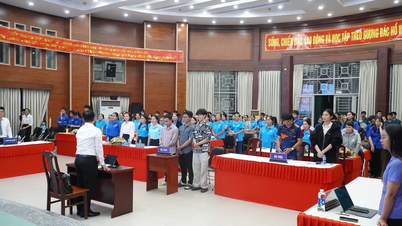



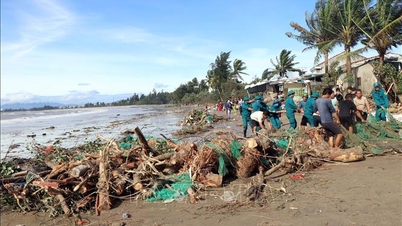

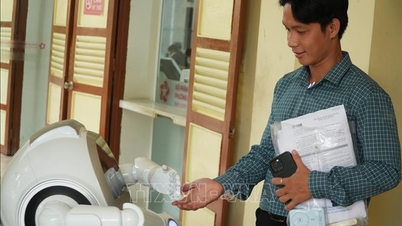










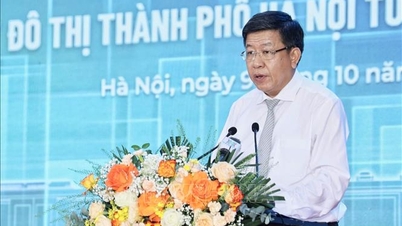
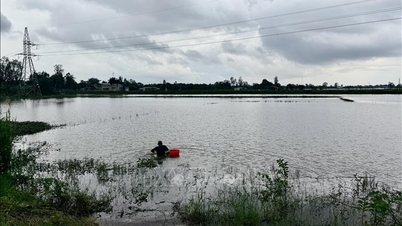



























































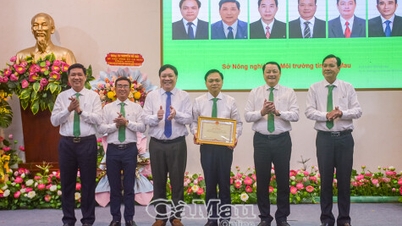
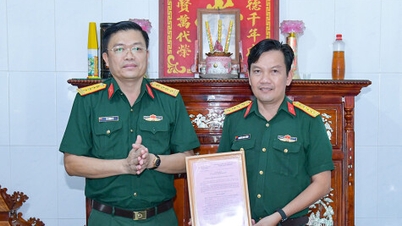
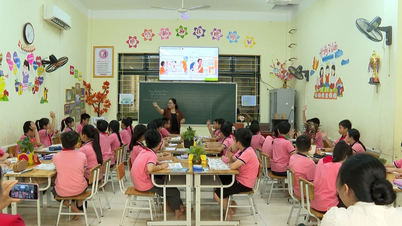


















Comment (0)